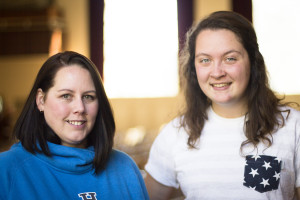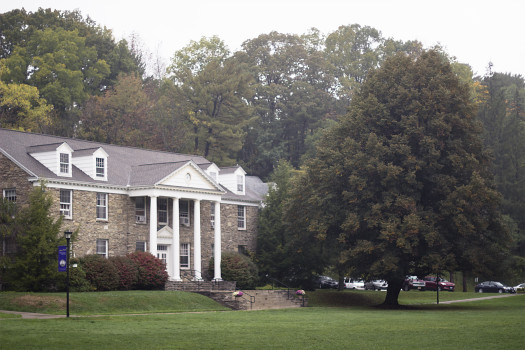Over the past several years, ISIS has become something of a household name. We hear about the atrocities they commit on a daily basis: kidnapping, torture, even genocide. However, as I look at the general attitude of our nation, I get the sense that people are not as concerned about ISIS as they ought to be.
For example, nearly everyone has heard all about the attacks in Paris: nine members of ISIS shot and bombed Parisians a few weeks ago. We all saw the tributes to the victims and their families: famous monuments lit up in the colors of the French flag, world leaders denouncing the atrocities perpetrated by ISIS, and Facebook allowing users to overlay a transparent French Flag over their profile pictures.
 Yet, you probably do not know that the bombing of Lebanon’s capital, Beirut, took place the day before. According to a BBC article published on November 13, “Lebanon holds day of mourning after deadly Beirut blasts”, two men with suicide vests bombed a shopping street filled with people. In total, 200 people were wounded, and at least 41 died, making this the deadliest bombing in the capital since 1990. Yet, it didn’t receive nearly as much attention as the attacks on Paris got. Even if Paris hadn’t been bombed, there probably are not many Americans who would remember Beirut a month later.
Yet, you probably do not know that the bombing of Lebanon’s capital, Beirut, took place the day before. According to a BBC article published on November 13, “Lebanon holds day of mourning after deadly Beirut blasts”, two men with suicide vests bombed a shopping street filled with people. In total, 200 people were wounded, and at least 41 died, making this the deadliest bombing in the capital since 1990. Yet, it didn’t receive nearly as much attention as the attacks on Paris got. Even if Paris hadn’t been bombed, there probably are not many Americans who would remember Beirut a month later.
This huge difference in reaction makes me wonder how serious Americans are about the fighting taking place in Syria. It took the bombing of a major city to show this much support, and yet ISIS has caused thousands of deaths in the past few years. If we really did care, why didn’t we spread news about Beirut on Twitter? Why didn’t Facebook let us overlay the flag of Turkey after ISIS bombed their capital last October?
One of the biggest things that we can do to support those affected by ISIS is letting Syrians seek asylum in the United States. Unfortunately, that is easier said than done. Ashley Fantz and Ben Brumfield of CNN published an article on November 19th, “More than half the nation’s governors say Syrian refugees not welcome”. According to this article, governors in 31 states are refusing to accept Syrians into their states.
The basis for this lies with one of the Paris bombers: they were able to enter Paris by pretending to be a refugee. Although the final decision to let 10,000 refugees in was made by national government, state governors can be uncooperative and make admitting refugees more difficult.
While I can understand wanting to keep ISIS out of the States, I cannot justify ignoring thousands of people running for their lives from danger. If Americans really want to help, we should start by advocating to make access into the U.S. easier. As far as I’m concerned, the risk of a handful of ISIS members entering our country is worth it if 10,000 refugees get the protection they need.
Besides helping refugees, Americans can help by donating to organizations like the UN Refugee Agency (UNHCR). According to their website, they develop refugee camps in Syria, and provide food and medicine to those who need it. Donating even a hundred dollars might seem like a lot to ask, especially with college financial woes, but every little bit can make a huge difference.
To me, ISIS is an idea. It’s not as if killing all of them will make them go away, because someone else will just take their place. What we can do is weaken them, and that starts with helping those who are being attacked. America needs to step up if we are serious about stopping ISIS, because they are not going to disappear, and they are not going to stop torturing and killing until there is nothing left.



